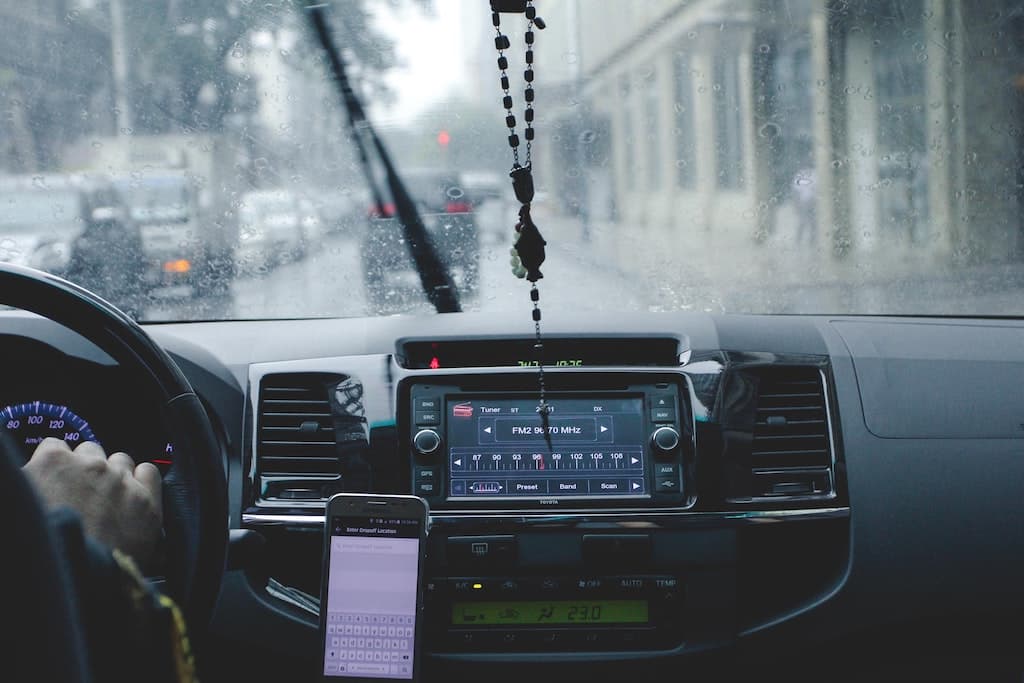
Rain is great – it helps our crops grow, prevents famines, and keeps the countryside looking luscious. But when storms come, like the ones we’ve been having lately, a pleasant drive can quickly turn deadly. In fact, in 39 out of 50 states, wet roads cause more driving fatalities than snow.
Even if you’re not killed in an accident, driving on a rainy night can lead to lifelong injuries, expensive medical bills, and increased insurance premiums if you’re not careful. Getting on the road during or after a storm is an undeniably risky decision.
But, knowing what leads to those incidents can help you be more prepared and prevent a dangerous incident. Check out these five common causes of crashes for guidance.
Even if it is only sprinkling outside and not driving rain, you can still lose a lot of visibility on the road. One of the best things you can do is turn on your headlights to make seeing the road easier.
But, make sure you keep your high beams off. High beam lights reflect off of the water droplets as they fall in the air and can actually make it more difficult for you to see the road. They also make it more difficult for people driving in cars towards you to see the road.
With rain often comes windy weather. Make sure that your car is heavy enough to withstand gusts well before you drive on any treacherous terrain.
Wind can be particularly difficult if you are attempting to use cruise control on your vehicle. It can pull you towards one side of the road or the other. Make sure you pay attention and maintain control of your vehicle when attempting to use the cruise control features in your car.
When a roadway is wet, the friction of the pavement is greatly reduced. If you don’t allow additional time to stop, your car tires can end up slipping forcing your vehicle into an intersection.
Roads are especially prone to slipperiness if it hasn’t rained in a long period of time. Substances like engine oil can build up on the road over time and when water is added to the mix, the combination can result in a car crash.
If it hasn’t rained in your area in a long time, give the roadways a couple of hours to be rinsed off before you get into the car to go somewhere. Or better yet, stay home until the roads are dry.
There’s no need to wonder, “Which drivers are most likely to be in a deadly crash?”
If you’re new to driving, it’s difficult to adjust to conditions like poor weather. Young drivers also have the tendency to be overconfident on the road which can lead to more accidents.
Until you are very used to the roadways around your house and what it takes to stop in time for a light, you should stay home when the road is wet.
We already talked about a few different things you can do to stay safe on a rainy roadway – use the right headlight setting, avoid inexperienced drivers, and give roads time to rinse off any slick surface oils.
But, there are other things you can do to prevent a crash and learn how to drive in rain. Make sure you leave the house with ample time to get where you are going. Some people can get frustrated when their commute to school or work takes longer.
Unfortunately, no matter how many precautions you take like checking the rain percentage today, driving in rain will always include an increase in crashes.
If you’re injured in a roadway accident when it’s raining, contact us as soon as possible so that we can put together information for your case.
